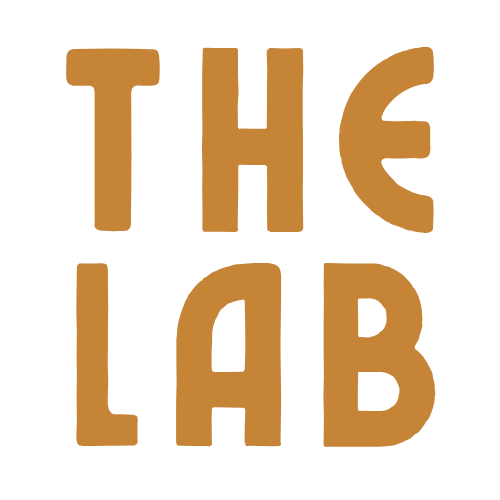Our Full Story
The Ag & Food Lab’s journey began with a bold vision and a leap of faith. David’s purchase of 35 acres of farmland on the eastern plains of Colorado marked the beginning of a transformative endeavor. This land, the only affordable option at the time, was more than just a piece of property—it became a beacon of hope for historically marginalized farmers seeking a path to sustainable agriculture.
David, alongside his high school friend Roberto, embarked on a mission to turn this vision into reality. Together, they built a cutting-edge renewable energy greenhouse, aptly named Emerald Gardens. This greenhouse, designed to grow microgreens sustainably, was a symbol of their commitment to innovation and environmental stewardship. Little did they know, this venture would lay the groundwork for a much larger movement.
As the pandemic unfolded, David and Roberto confronted a pressing new reality: escalating food insecurity. They were driven by the belief that access to fresh, nutritious food is a fundamental human right. Recognizing the urgent need, they pivoted their focus from cultivation to distribution. What began as a modest operation in a barn quickly evolved into a significant effort housed in a warehouse in East Denver. This expansion was not merely a response to a crisis; it was a pioneering move that solidified their role as trailblazers in the local food movement across the Denver Metro Area.
For three years, the East Denver Food Hub became a thriving epicenter of local food distribution, connecting farmers and communities in meaningful ways. But as their impact grew, so did the realization that a new approach was needed. David and Roberto recognized that the gaps in funding for community education, outreach, policy, and advocacy were holding back further progress. Small-scale farmers, especially those from historically marginalized backgrounds, were in dire need of dedicated support to overcome these obstacles.
The solution was clear: a nonprofit organization. By establishing the Ag & Food Lab, they aimed to bridge these critical funding gaps and provide the necessary support to transform the food system. The nonprofit model was essential for several reasons:
- Bridging Funding Gaps: Nonprofits are uniquely positioned to secure grants and donations dedicated to community-focused projects. This financial support is crucial for overcoming the shortfalls that often impede the development of local food systems and the growth of small-scale farms.
- Promoting Equity and Inclusion: The Ag & Food Lab is committed to ensuring that historically marginalized communities receive the support they need. Through a focus on equity, the nonprofit works to address systemic imbalances and foster inclusive growth within the local food economy.
- Driving Systemic Change: Transitioning from industrial agriculture to local food economies requires profound systemic change. The Ag & Food Lab advocates for policies and practices that support sustainable agriculture, food justice, and environmental stewardship, contributing to a more resilient and equitable food system.
- Supporting Community Education and Outreach: Nonprofits are vital in providing education and training to farmers and community members. By facilitating knowledge-sharing and capacity-building, the Ag & Food Lab helps local farmers develop skills, improve practices, and strengthen the overall food network.
- Building Sustainable Local Food Systems: The Ag & Food Lab plays a crucial role in developing and sustaining local food systems. It supports infrastructure development, resource access, and community-building efforts necessary for creating a resilient and
This journey, rooted in a commitment to innovation and community support, is shaping a future where sustainable agriculture and food justice thrive hand in hand.

